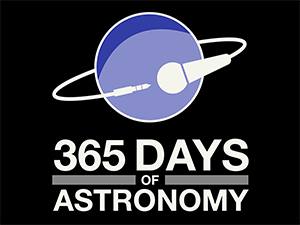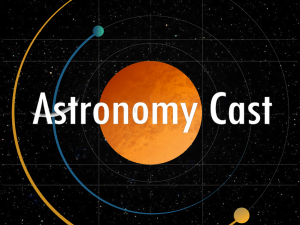
A lot of scientific discoveries come when someone just happens to be looking in the right place, in the right way, and at the right time. Quite by accident, a team of researchers studying the release of methane from the Arctic seafloor discovered that our moon not only raises tides in the water but also flexes the Earth enough to influence the release of gases. The team, led by Nabil Sultan, embedded sensors seven meters into the Arctic seabed for four days at depths ranging from 910 to 1,330 meters and found that at low tide, when the water column dropped, gas seeped slowly, and when the tide rose and there was more water weighing the column down, methane was able to seep out through seabed fractures more readily. This work appears in the journal Nature Communications.
Sultan uses these results to make a call to action: We need to consider how pressure will impact this gas system.…It’s urgent today to go study in more detail the shallowest areas in the Arctic or in areas where you have a high concentration of gas and gas hydrates.
The water depth changes Sultan’s team was observing were due to the Moon’s tides, and the release of methane fluctuated. If the water levels instead rise due to the melting of sea ice, there will be no low tide to shut down the release of gas. Since methane is a greenhouse gas, it’s important to understand what kind of a future release we’re looking at.
This is a reminder that while we don’t completely understand our world, so far the majority of errors we’ve found in our climate models were ones that allowed our world to stay cooler. With every new data set, it seems, we are finding new factors that will only increase our world’s warming. Things like this always remind me of the Into the Woods quote: It’s nice to know a lot, but a little bit not.
We can only hope that the more we learn, the more we will be able to take action to protect our world and ourselves.
More Information
Eos article
“Impact of tides and sea-level on deep-sea Arctic methane emissions,” Nabil Sultat et al., 2020 October 9, Nature Communications



